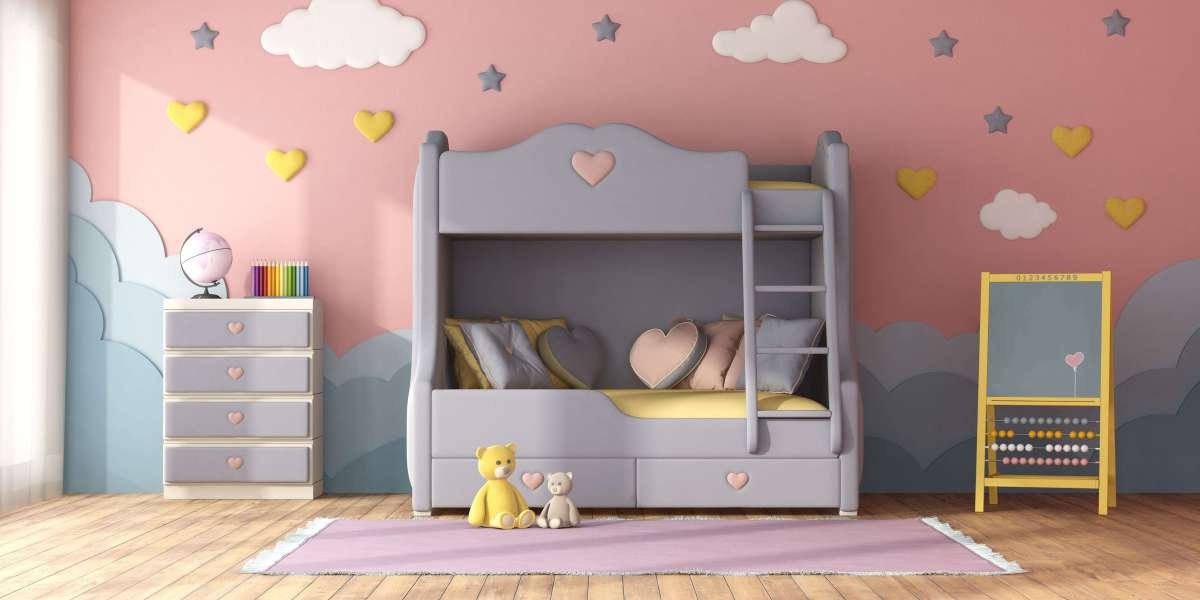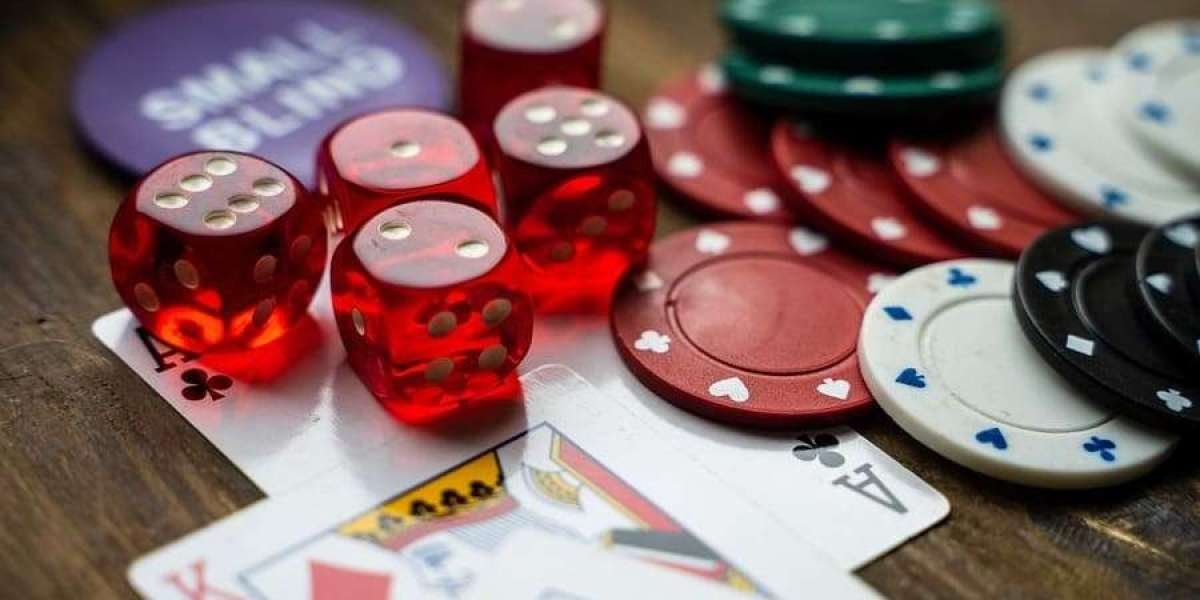Understanding Art Therapy
Art therapy uses creative processes, such as drawing, painting, and sculpting, as therapeutic tools to address emotional and psychological issues. In alcohol rehab centers, art therapy helps individuals express themselves non-verbally, explore emotions, and support their recovery journey.
Benefits of Art Therapy in Recovery
Incorporating art therapy into the recovery process offers several benefits: Sober Living in Marietta
- Emotional Expression: Art therapy provides a safe and creative outlet for expressing complex emotions and experiences.
- Stress Relief: Engaging in creative activities can reduce stress and promote relaxation.
- Self-Discovery: Creating art helps individuals explore their inner thoughts and feelings, leading to greater self-awareness.
- Enhanced Communication: Art therapy can facilitate communication for those who find verbal expression challenging.
- Improved Coping Skills: Through art, individuals can develop new coping strategies and problem-solving skills.
Components of Art Therapy Programs
Rehab centers may include various components within art therapy programs to support individuals:
- Individual Art Sessions: Personalized sessions where individuals create art to explore and express their emotions.
- Group Art Workshops: Group activities that encourage collaboration, sharing, and mutual support.
- Art-Based Reflection: Using art as a means to reflect on personal experiences and progress in recovery.
- Therapeutic Art Projects: Structured projects designed to address specific therapeutic goals and themes.
- Art Journaling: Combining art with journaling to document thoughts, feelings, and recovery milestones.
Integrating Art Therapy into Treatment Plans
Art therapy is integrated into comprehensive treatment plans in rehab centers, complementing traditional therapies such as counseling and medical care. This holistic approach ensures that individuals receive creative and expressive support for their recovery.
Success Stories: The Impact of Art Therapy
Many individuals have found art therapy to be a powerful component of their recovery journey. Success stories highlight how engaging in creative processes has helped them manage emotions, enhance self-expression, and find new ways to cope with challenges.








